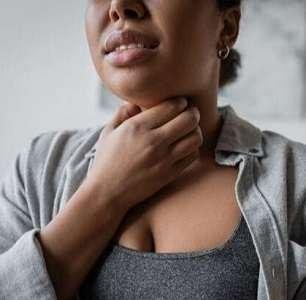A recent clinical trial highlights how breast density notifications may unintentionally heighten anxiety and worry among Latina women, even when paired with educational support. Conducted at a federally qualified health center in Phoenix, Arizona, the study involved 1,332 Latina women aged 40 to 74 who received one of three types of mammographic breast density (MBD) notifications: a standard letter, a letter with an educational brochure, or a brochure plus a session with a promotora, a trained community health worker.
At the start, over half of the participants reported moderate to severe anxiety, and 41.3% worried about developing breast cancer “sometimes,” “often,” or “almost all the time.” Despite the interventions, anxiety and worry levels remained largely unchanged over time. “This Latina cohort had high levels of anxiety and BC worry which persisted regardless of intervention received,” the authors concluded.
The study also revealed a significant gap between perceived and actual breast cancer risk. While only 6.8% of participants had a calculated lifetime risk above 10% using the Gail model, 25.4% believed their risk exceeded that threshold. Women with dense breasts were more likely to overestimate their risk and report increased worry.
Factors such as younger age, lower education, and family history of breast cancer were associated with higher anxiety and perceived risk. The findings suggest that current notification methods may not be enough to ease concerns and could even exacerbate disparities in understanding and emotional well-being.
See: “A randomized trial to evaluate the impact of breast density notification on anxiety, breast cancer worry, and perceived risk among Latinas at a federally qualified health center” (June 2, 2025)



